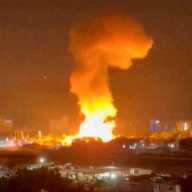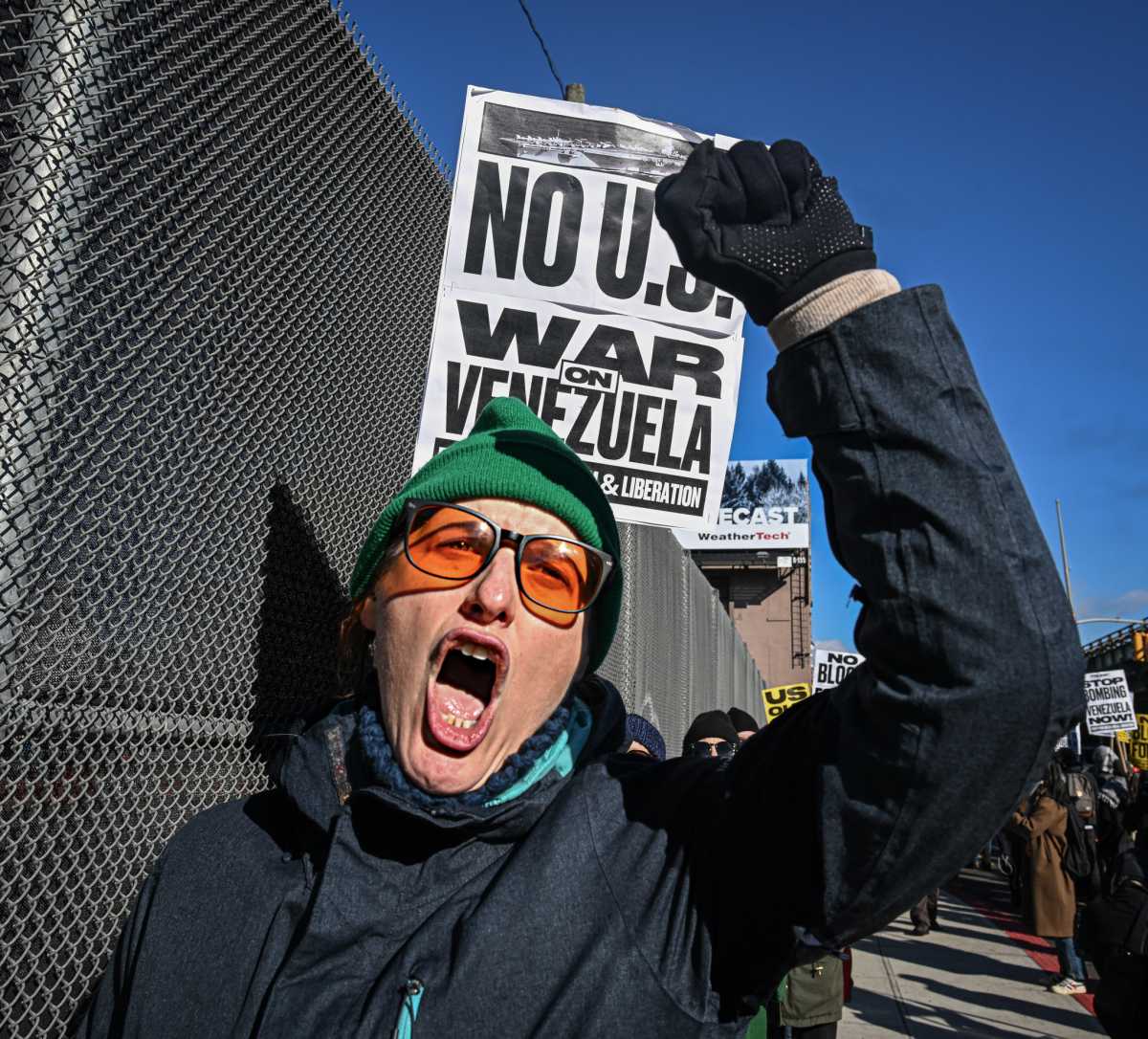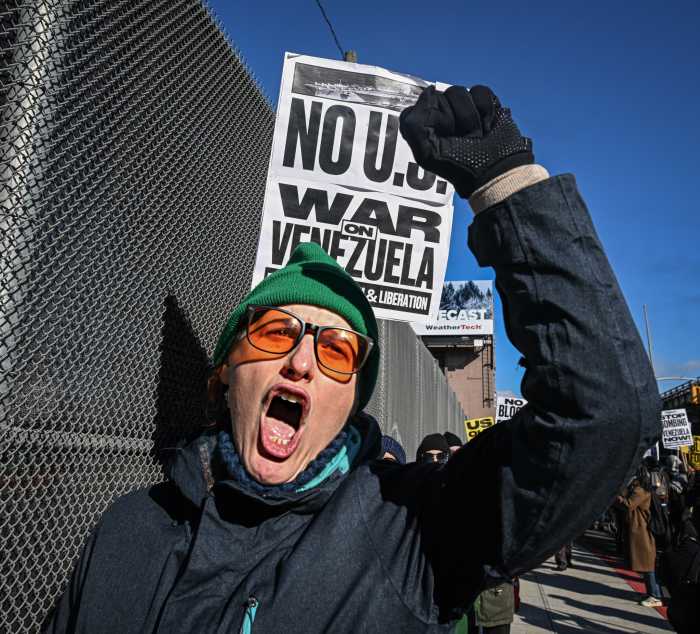It’s been obvious for years now that happenings in the Middle East have assumed a position at the very top of geopolitical concerns for the rest of the world community. Middle East developments are so fraught with powder keg potential that they cannot but command rapt attention from all of the world’s players, major and minor alike. Small wonder that there was such a broad-spectrum gathering in Tunisia last week to try to come up with a strategy for addressing the situation in Syria, where President Assad’s heavy-handed response to political agitation has caused loss of life at a level that most of the world community finds shocking, even including fellow Arab states.
And with the focus on how best to deal with Assad comes unavoidably the prickly question of military intervention. Participants in that Tunisia meeting seemed duly cautious of the mine field that military intervention represents – a situation only further nuanced by the stiff opposition of Russia and China to the condemnation of Assad that is coming from elsewhere. Russia and China have indeed already indicated that they would veto any attempt made in the UN Security Council to initiate military action against the Syrian regime. The United States is probably not in a frame right now where there’s likely to be some hawkish administration rumbling, a la George W. Bush, about taking unilateral action, never mind what goes down in the UN. Still, American castigation of Assad as his lethal crackdown has continued, has been so harsh, one probably shouldn’t altogether discount that possibility.
The military option has not always gone well for America. Backlash at home to the full-fledged war to which the U.S. became committed in Vietnam forced LBJ to prematurely bring the curtain down on his presidency in 1968. And Bush’s decision in 2003 to invade Saddam’s Iraq is the biggest reason his administration is considered such an abysmal one (for good measure the invasion dramatically changing the trajectory, in Britain, of loyal Bush ally Tony Blair, as well). Bush’s resort to a military response in Afghanistan was perceived quite differently, Americans seeing that undertaking as fully justified in light of a case presented of actionable intelligence pointing to an Afghanistan base for the 9/11 perpetrators.
Last year’s Arab Spring of cascading protest movements in several countries scrambled the Middle East picture and quickly set up possibilities for Western involvement in the affairs of states caught in those uprisings clamoring for change. America saw it as entirely within its purview to, in several instances, voice its support for those demanding fundamental reordering of political systems. That support, limited initially to pronouncements from President Obama or other administration figures, got ramped up to the military level in Libya. Although the insertion of ground troops there was consistently deemed a non-starter, it was American firepower, under the aegis of the NATO alliance, that brought about Gaddafi’s downfall.
But, as is well known, foreign intervention invariably involves the risk of rendering assistance to anti-regime folk whose designs might not altogether be what interloping alleged do-gooders want them to be. During the tumult in Libya, speculation was rife about al Qaeda elements being numbered among the combatants gunning for Gaddafi. Libya has been experiencing hardly a smooth changeover in the months since Gaddafi’s ouster. But if this is attributable to normal organizational snafus as they attempt to transition to a revolutionary new political order, cheers to that. Given the mix of tribal loyalties, for one thing, that has to be accommodated in trying to achieve change of those dimensions, the players surely know that toppling Gaddafi was the easy part. And the jury may still be out on whether that al Qaeda talk was without substance.
To no one’s surprise, Iraq continues to have obstacles aplenty to anything resembling order in the post-Saddam era. Handing over control of the country’s security to Iraqi forces and having civilians involved in the participatory democracy model that was decided on have not been hiccup-free. Even with America’s role there now wound down, Iraq is still subject to outbreaks of deadly violence at any given time. Any expectation that the departure of American troops will make for elimination of much of the tension that still grips the country could in no way be seen as realistic.
Even in Afghanistan, where American intervention appeared logical, violence hasn’t ceased. The current uproar over the supposedly accidental Koran-burning incident was a dramatic reminder, if one were needed, that the years of being on the ground there haven’t produced the stability that was the objective going in. Besides which, from all one could gather, the dreaded Taliban seems to be not at all out of the picture, as American officialdom once would have us believe. Again, with the administration’s announced timetable for withdrawal, it’s still very much a crap shoot how much would have been benefited from these years of occupation, if those elements that could be a menacing presence remain very much in the game.
We continue to have in our political establishment unabashed champions of the hair-trigger response to any situation anywhere in which American military might is thought to be the go-to solution. Syria looms as the next test case. If by now it hasn’t yet sunk in, what else would it take to drive home how much of a slippery slope the military option can be?
















